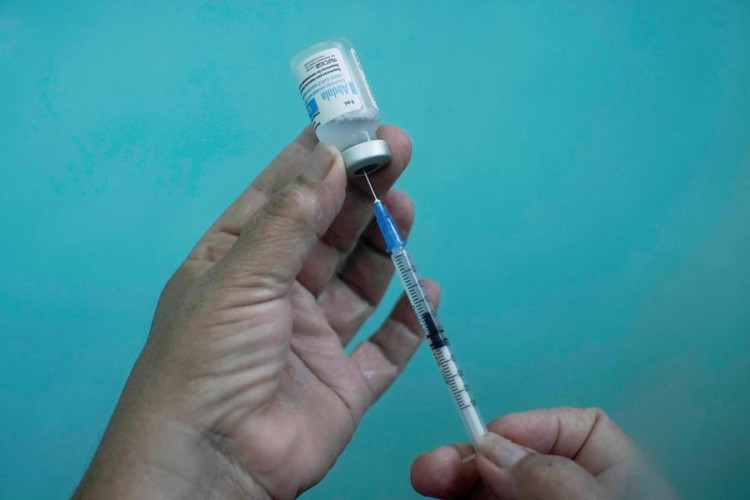Beijing's COVID-19 mass testing has quickly spread from one district to the entire city of roughly 22 million people, raising fears of a lockdown comparable to Shanghai's.
On Monday, the Chinese metropolis began subjecting the inhabitants of Chaoyang, the city's most populous area, to COVID-19 test.
Even though just a fraction of the results were available by the end of the day, the city opted to undertake tests on 10 additional regions and one economic development area by Saturday.
The Chinese capital's medical board recorded 33 new locally transmitted cases on April 25, of which 32 were sick and one was asymptomatic, according to the city's health board.
A couple of days after tens of cases were discovered, Beijing decided to test around 20 million people. Shanghai, on the other hand, delayed a month and over 1,000 cases before initiating a city-wide mass testing campaign.
"Based on the results of the tests conducted in Chaoyang district, it was resolved to expand the scope of regional screening to firmly limit the risk of the epidemic spreading and effectively safeguard the population's health," a spokesman for Beijing's municipal government said on Monday.
From Tuesday to Saturday, three sets of PCR testing will be done in the Beijing Economic-Technological Project Area, as well as the areas Dongcheng, Haidian, Shijingshan, Xicheng, Tongzhou, Shunyi, Fangshan, Changping, Fengtai, and Daxing.
Even though the latest outbreak in Beijing is minor by international standards, it is predicted to heighten fears of a Shanghai-style lockdown, casting further doubt on the country's economic prospects as the country's endless mass testing, strict quarantine system, and social distancing regulations take their toll.
On Monday, Asian markets had their worst day in almost a month, as most investors became worried that Beijing was poised to implement a similar police crackdown. China's stock market has so far touched a two-year slump.
COVID-19 fatalities increased to 52 on Tuesday in Shanghai, up from 51 the day before. The official death toll now stands at 190, with the majority of deaths occurring between April 17 and April 24.
Schools, stores, and workplaces stayed open in the capital, but the famed Lama temple would be restricted to tourists beginning Wednesday, and Beijing's National Theater would be closed for the remainder of the month.
Officials have asked locals to stay in the capital and avoid gatherings during the forthcoming Labor Day celebrations, which are set for April 30 to May 4.





